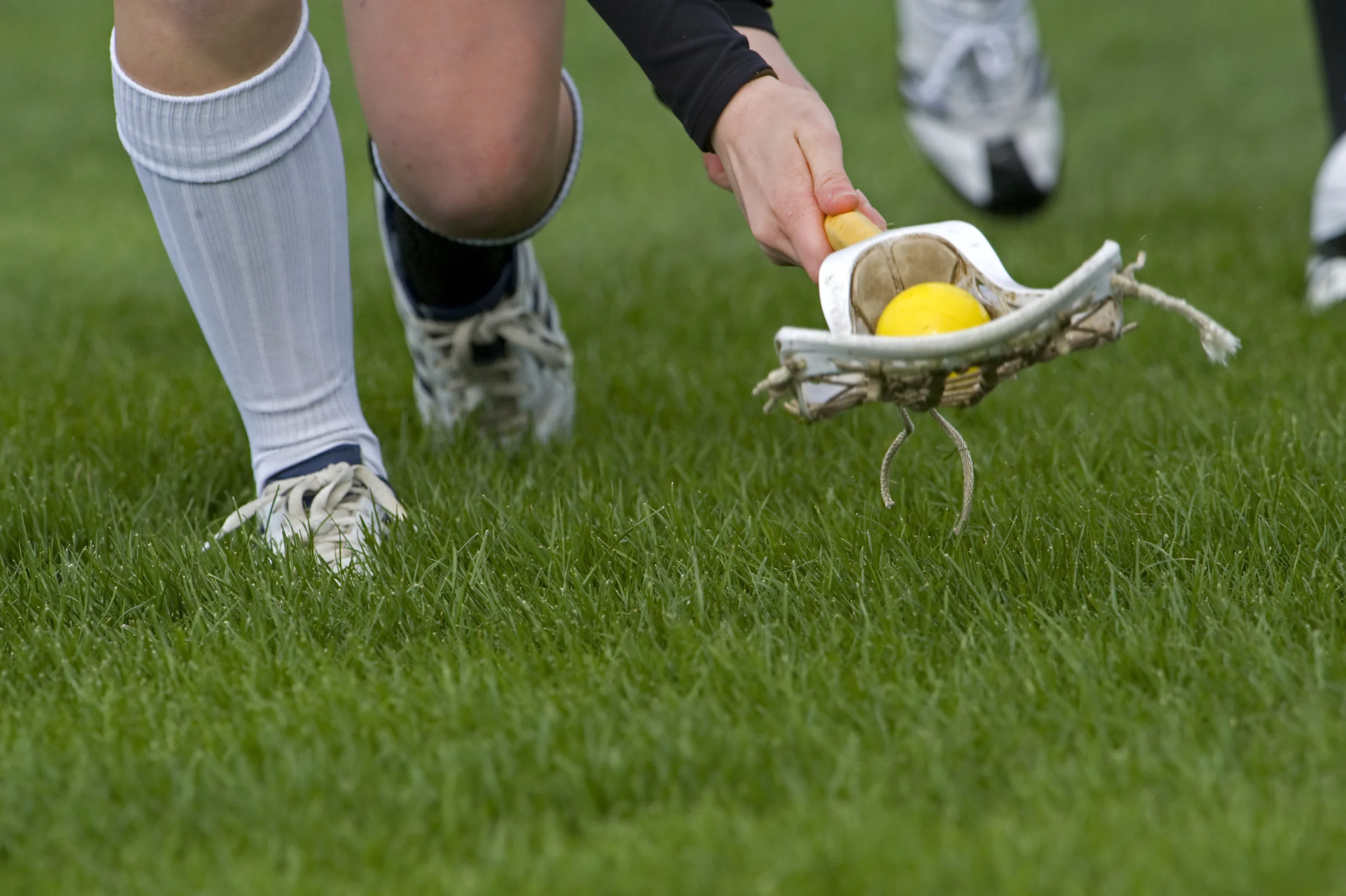In just under two weeks, I will be toeing the line for the 123rd Boston Marathon alongside runners from all over the world. That means that after many months and many miles, we are finally approaching the final phase of marathon training: the taper.
Tapering your marathon training requires a ton of self-control. A lot of marathoners stress out about tapering because they don’t want to lose any fitness before the race. But believe it or not, the opposite is true! If you taper correctly, you’ll actually perform better on race day than if you squeeze in a few extra hard workouts.
As you taper off your training and decrease your training load, you also have to adjust your nutrition plan. When you cut down your mileage during the taper period, you may also need to adjust your food intake a small amount. Makes sense, right? If you’re training significantly less, you don’t need to fuel as if you’re running 50+ miles a week. This can be fairly tricky because you have to be sure to keep up your carbohydrate intake so you can perform your best on race day!
5 Nutrition Strategies for Tapering your Marathon Training
Here are a few tried-and-true nutrition strategies for your next marathon training taper phase!
Listen to your body.
You’re likely already tuned into your body’s aches and pains, but are you tuned into your hunger/fullness cues? During the tapering phase, tapping into your body’s natural hunger and fullness cues is extremely important. This will help you self-regulate your diet during the taper phase. Regulating your food intake based on your actual hunger instead of eating hundreds of extra calories out of habit from previous weeks of hard training will make a huge difference!
Strike a balance.
You want to be sure not to reduce your intake too much because that can have a negative impact on performance and overall health! Calories (especially calories from carbs) are still important during your taper phase. The goal is to maintain your base intake of carbs and proteins. Removing too many carbs from your diet so close to the race could potentially leave you with low glycogen stores, so be sure to reach for some more carbohydrate focused snacks such as pretzels or dry cereal, and incorporate starches and grains into your meals.
Hydrate, hydrate, hydrate!
Showing up to the starting line completely hydrated is essential for optimal performance on race day. To ensure that you’re hydrated on race day, you’ll want to drink extra water throughout the week - not just the day before. The goal is to urinate every 2-3 hours and your urine should be pale yellow. The day before a race, I also like to alternate water bottles, with bottles containing electrolytes (Nuun, Gatorade, or Skratch labs). Sodium helps our bodies to retain water and maintain an electrolyte balance (plus it breaks up some of the monotony for those that get bored with just water!)
Pasta isn’t required! (But still happens to be my favorite)
Traditionally, athletes carb load with a big bowl of pasta with a side of garlic bread the night before the race. While that works for some athletes, others don’t tolerate this well and might prefer to go another route. This is especially true if your a gluten-free marathon runner! Some alternatives to grain-based products like pasta and bread are rice, potatoes, high-carb fruits, and juices. I like to use Naked Juices to help increase carb intake as well!
Prioritize lunch the day before.
Believe it or not, you’ll actually be better off eating a little bit too much than not enough the day before your marathon. While some athletes are worried they’ll “feel too heavy” if they eat too much, it’s also important to eat enough! To prevent feeling too heavy the day of the race, try having your largest meal during lunchtime instead of dinner. This will allow you to digest all of the food well before the gun goes off at the starting line. Another favorite of mine are pancakes with syrup for breakfast or lunch!




